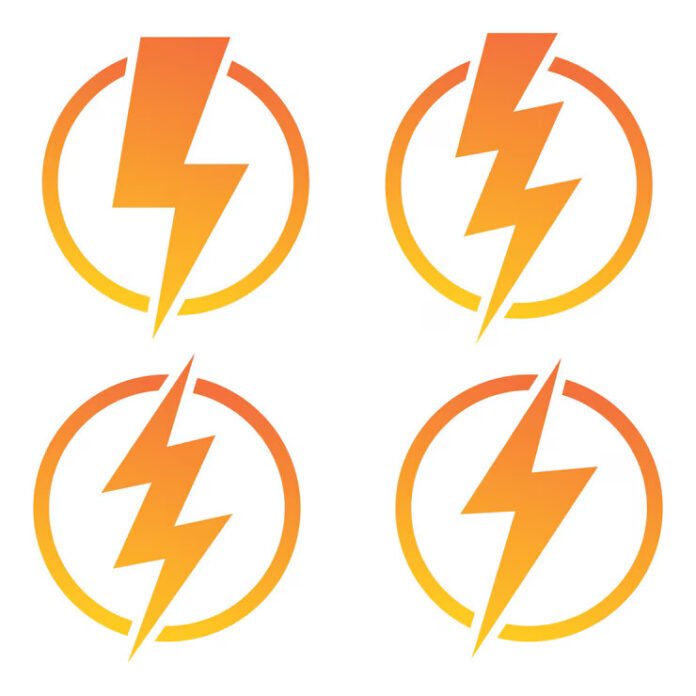Introduction
Our electricity invoices indicate how many units we consumed over a particular period. Most gadgets have watts listed on them when we go to buy them. Watt (W) or kilowatt (kW) are the two standard units of power (kW). One kilowatt is equal to one thousand (1000) watts. Therefore, an item rated at 1.2 kW uses 1200 W of electricity every hour. Watts or Kilowatts indicate the pace at which energy is consumed every hour; as we have already stated, power is the rate at which electricity is spent rather than the actual amount consumed.
Overview
In physics, power is referred to as the rate of energy conversion or transmission over time. Watt (W) serves as the unit of power in the SI system, also known as the International System of Units. A single joule per second is one watt. Power was formerly referred to as an activity in some research. Scalar quantities include power. Since power is a function of work done, it follows that if a person’s output varies during the day based on the time of day, so will his power. Here, the concept of average power is introduced. In this article, let’s examine power, measure of power, unit, and formula.
Power
A measure of the pace at which energy is transferred, power is a physical quantity. As a result, it can be described as the pace of job completion relative to time. Thus, power is the quantity of energy used each second. The amount of force necessary to create a unit displacement is another way to quantify power. Power, a scalar quantity, is represented by the letter P.
For instance, a light bulb with 100 W of electricity will provide more light than one with 10 W. This suggests that the bulb uses more power to illuminate more energy. Another way to think of power is as the result of a particular force acting on an item and its velocity. Being a scalar quantity, power provides us with a quantity or the amount of energy used per unit of time but not a path.
Formula of power
Power is defined as the rate at which an object performs work over time; therefore, the power formula may be used to calculate this as follows:
P = W/ t,
where W is the amount of work performed, t is the amount of time it takes to complete the work, and P is the amount of power gained or lost.
The above power relationship is hence known as the “work-time equation.”
Measures of power
Watt (W), the SI power unit, has three multiples: kW, MW, and GW. A body is said to have one-watt power when it can produce one joule of work in one second. A watt is equal to one joule per second (s) Horsepower (hp) is a different type of power, with one hp equaling 746 W.
[ML2T-3] is the dimensional formula for power.
The standard unit of power (energy per unit time) for the International System of Units (SI) is the watt (abbreviated W), which is equal to one joule per second.
Definition of Watt
A watt is a unit used to measure the rate of electromagnetic energy absorption, radiation, and dissipation, as well as the rate at which electrical energy is lost. The unit of power is the watt (symbol: W). James Watt, the creator of the steam engine, is honoured with the watt unit’s name. The energy consumption rate of one joule per second is referred to as one watt.
1W = 1J / 1s
Electric power
One watt in electricity is described as one ampere of current flowing at one volt.
The standard unit of power in the International System of Units (SI), 1W = 1V 1A, is equal to one joule per second and represents the power in a circuit where one ampere of current flows through one volt of potential difference.
Recommended Articles:
Unit of Radioactivity and its Advantages and Disadvantages
Physics – Unit of Sound
Physics: Unit of Speed
Unit of Temperature and Its Types of Units
Unit of Torque: Definition, SI and Other Units
Watts are units of power. Energy is measured in watt-hours. The energy consumption rate of one joule per second is referred to as one watt. A kilowatt-hour unit of electrical energy equal to 1,000 watts of power is used for one hour. Power is the speed at which work is accomplished, or energy is transformed. The equation for power is P = W / t, where W is the amount of work performed, t is the amount of time it takes to complete the work, and P is the amount of power gained or lost. Vegetables Names FAQs
What distinguishes watts from watt-hours?
What is one watt?
What is a kilowatt-hour?
What is the definition of power?
What is the power calculation formula?
